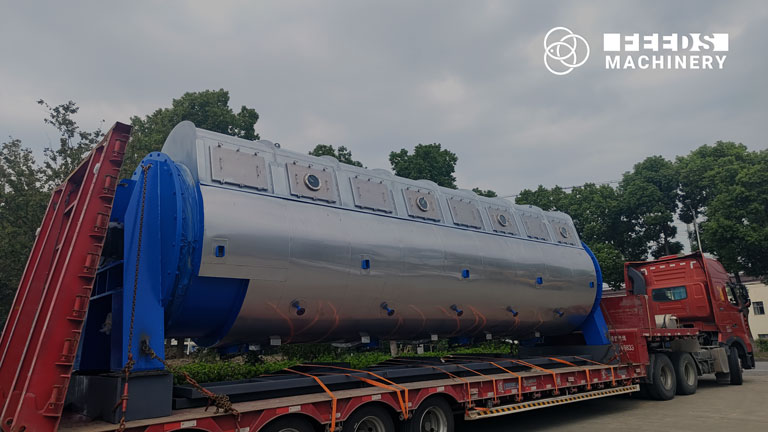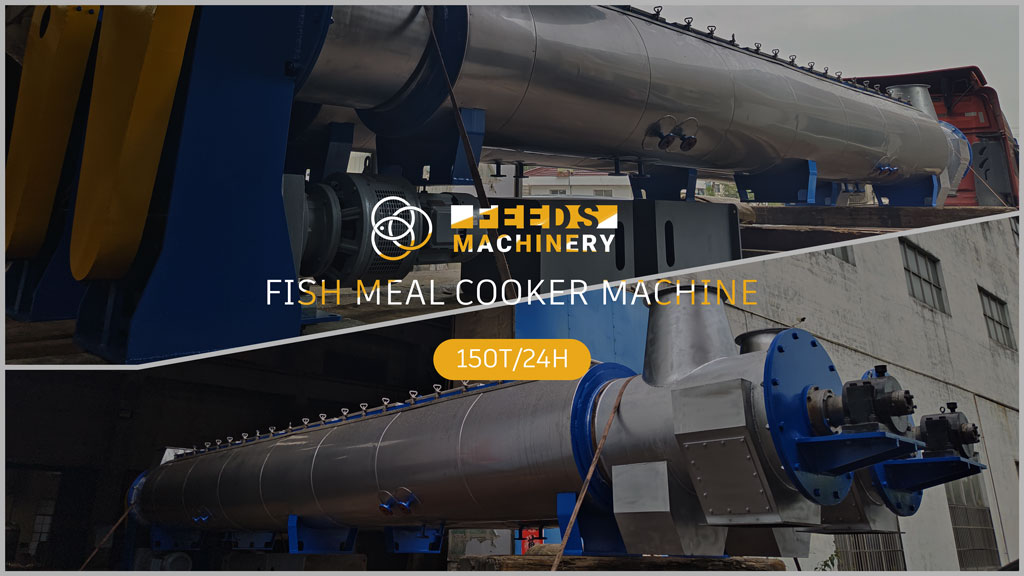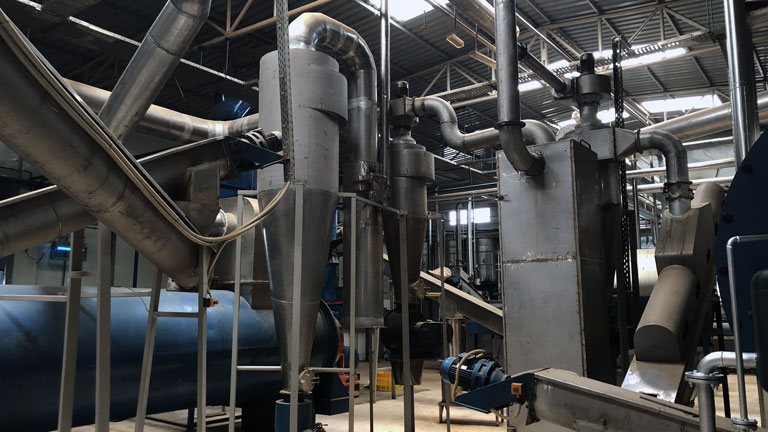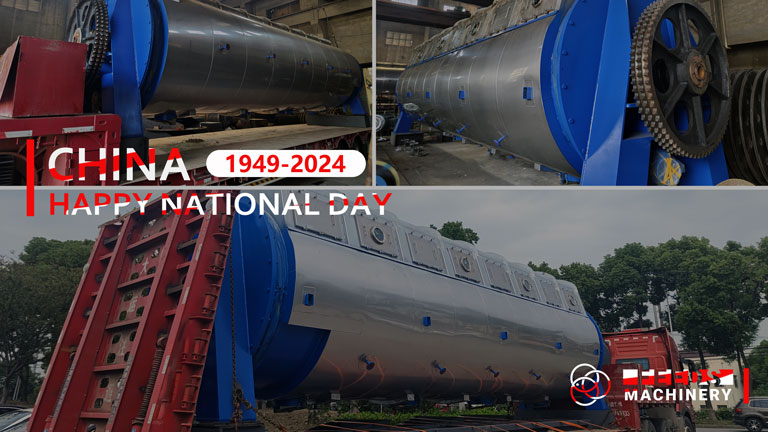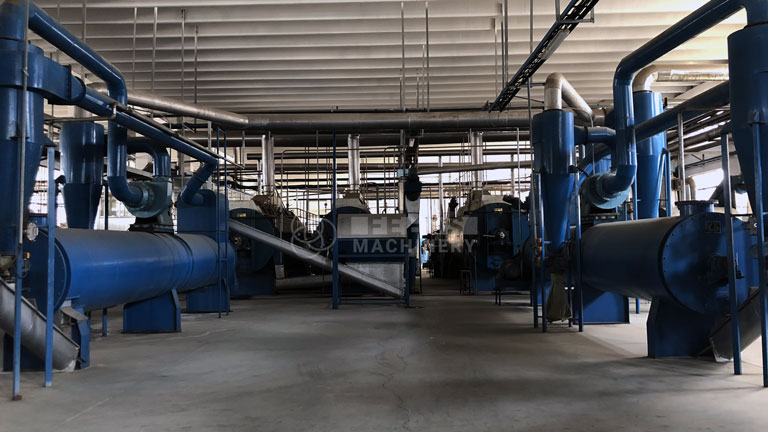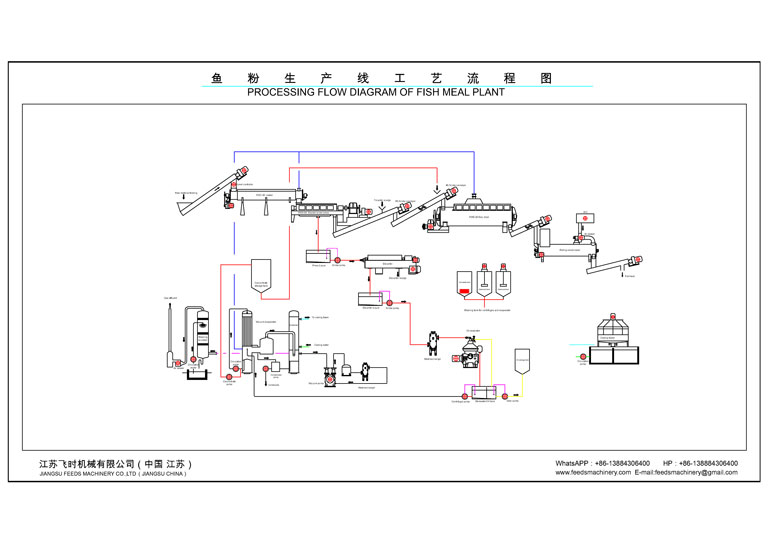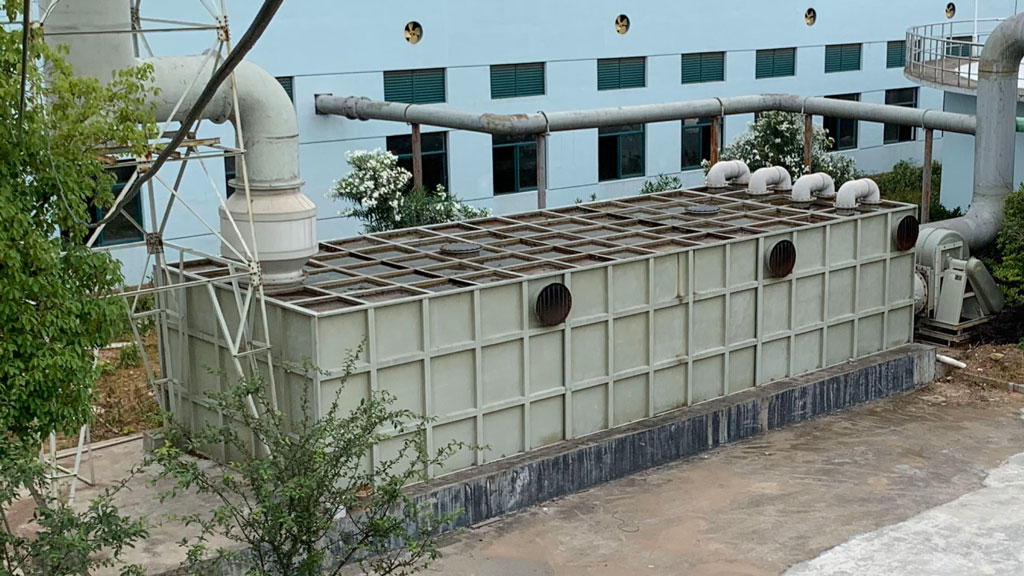
In the realm of fish meal processing, where efficiency and environmental sustainability are paramount concerns, the application of biofiltration technology emerges as a beacon of promise. Biofiltration, a natural and eco-friendly approach to air pollution control, has been gaining traction as an effective method for mitigating odorous emissions and harmful gases in the fish meal processing industry.
What is Biofiltration
Biofiltration is a biological air treatment process that employs microorganisms to degrade pollutants present in waste gases. In the context of fish meal processing, biofiltration systems utilize specialized microbial cultures to metabolize odorous compounds such as ammonia and hydrogen sulfide, converting them into harmless byproducts like water and carbon dioxide.
The Biofiltration Advantage:
- Eco-Friendly Solution: Biofiltration represents a sustainable alternative to traditional air pollution control methods, as it harnesses the power of naturally occurring microorganisms to neutralize pollutants without producing harmful residues.
- Effective Odor Removal: By harnessing the enzymatic activities of microbial communities, biofilters efficiently remove odorous compounds emitted during fish meal processing, resulting in cleaner air and a healthier working environment.
- Cost-Effective: Compared to conventional air treatment technologies, biofiltration systems offer significant cost savings over the long term due to lower operational and maintenance costs.
- Compliance with Regulations: With increasingly stringent environmental regulations governing air quality standards, biofiltration provides fish meal processing facilities with a reliable means of achieving compliance and demonstrating commitment to sustainability.
Applications in Fish Meal Processing:
In the fish meal processing industry, biofiltration systems are typically integrated into exhaust ventilation systems to treat air emissions generated during cooking, drying, and cooling processes. These systems effectively capture and treat odorous gases, ensuring that emissions meet regulatory requirements and minimizing the impact on surrounding communities.
The Future of Air Pollution Control in Fish Meal Processing:
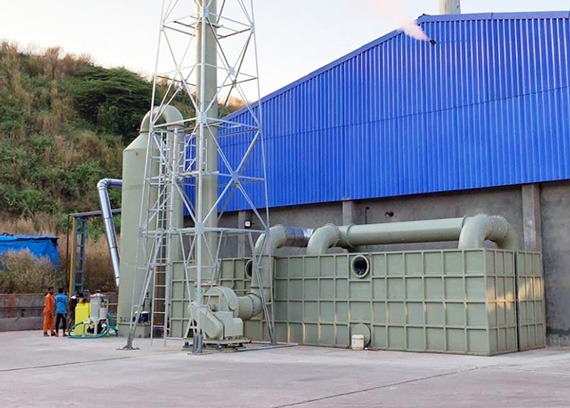
As the global demand for fish meal continues to rise, the adoption of sustainable practices in the industry becomes imperative. Biofiltration stands at the forefront of this shift towards sustainability, offering a proven and environmentally responsible solution for mitigating air pollution in fish meal processing facilities. By investing in biofiltration technology, companies can not only achieve regulatory compliance but also contribute to a cleaner and healthier environment for generations to come.
Conclusion:
In the quest for sustainable solutions in fish meal processing, biofiltration emerges as a game-changer, offering an effective, eco-friendly, and cost-efficient means of air pollution control. With its proven track record and numerous benefits, biofiltration represents a significant step towards ensuring the long-term viability and environmental stewardship of the fish meal processing industry.

